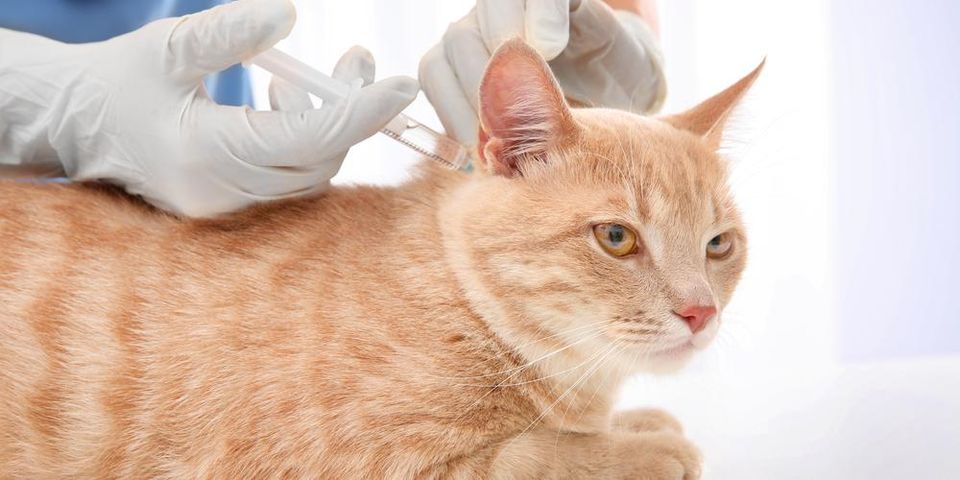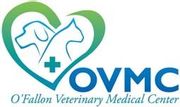
Although it’s a process that can take months to complete, getting pet vaccinations is essential to a long, healthy life for your cat or dog. Immunization prevents your furry friend from catching dangerous, contagious diseases. Of all the available options, the core vaccinations are most crucial. They are categorized based on mortality rates and communicability between animals and humans; below is a quick guide to what your pet needs most.
Pet Vaccinations Your Animals Need
1. Rabies
The rabies virus is infectious and fatal to all mammals, so most state laws require the immunization of cats and dogs. If not properly treated, common consequences of the affected include hallucinations, anxiety, hydrophobia, drooling, paralysis, and death. Vaccines should be administered between 12-16 weeks of age for both cats and dogs. The vaccination is then boostered the next year and every 1-3 years after that depending on the type of rabies vaccine used.
2. Distemper
Canine distemper is airborne and can spread to many different animals. It causes a multitude of symptoms, including coughing, vomiting, seizures, paralysis, and other neurological symptoms. It is usually fatal. Puppies between 8 and 16 weeks old should receive three doses spaced out three weeks apart. Kittens are susceptible to panleukopenia, which is often referred to as feline distemper, and often don’t survive it. Have them immunized at around eight weeks old, then again every three to four weeks until they reach 16 weeks of age.
3. Parvovirus
 This gastrointestinal virus only affects dogs and results in vomiting, loss of appetite, fever, and bloody diarrhea. The extensive loss of fluids can lead to dehydration and death. Puppies need three doses of the vaccination between 8 and 16 weeks of age to avoid infection. This is the most commonly encountered potentially-fatal disease in young dogs and the virus can survive in the environment for up to 1 year.
This gastrointestinal virus only affects dogs and results in vomiting, loss of appetite, fever, and bloody diarrhea. The extensive loss of fluids can lead to dehydration and death. Puppies need three doses of the vaccination between 8 and 16 weeks of age to avoid infection. This is the most commonly encountered potentially-fatal disease in young dogs and the virus can survive in the environment for up to 1 year.
4. Adenovirus
Adenovirus is also referred to as canine infectious hepatitis. It is transferred through coughing and sneezing, can severely damage the liver, and lead to death. Between 8 and 16 weeks old, dogs should get three shots.
5. Herpesvirus
A common infectious virus in cats, feline herpesvirus causes a highly contagious upper respiratory infection known as Feline Viral Rhinotracheitis (FVR). Symptoms include nasal congestion, sneezing, ocular and nasal discharge, and conjunctivitis—an inflammation of the eyelids. At 8 weeks old, kittens should get their first dose. Until they reach 16 weeks, they will receive additional doses every three to four weeks. This virus only affects cats and cannot be transmitted to people, dogs, or any other species of pet.
6. Calicivirus
Another cause of upper respiratory infection in cats, feline calicivirus can also lead to oral diseases. Some symptoms are similar to herpesvirus, but can also include ulcers on the nose, tongue, lips, and gums. Vaccinations should be administered on the same schedule as feline herpesvirus.
O’Fallon Veterinary Medical Center of St. Charles County, MO, provides the pet vaccinations your cat or dog needs to stay strong and healthy. Every animal is different, so their knowledgeable veterinarians will give you personalized immunization advice based on your pet’s health and lifestyle. For an animal hospital that cares about your pet’s happiness, longevity, and overall well-being, trust in their experts. To schedule an appointment, visit their website or call them at (636) 272-3100.
About the Business
Have a question? Ask the experts!
Send your question

